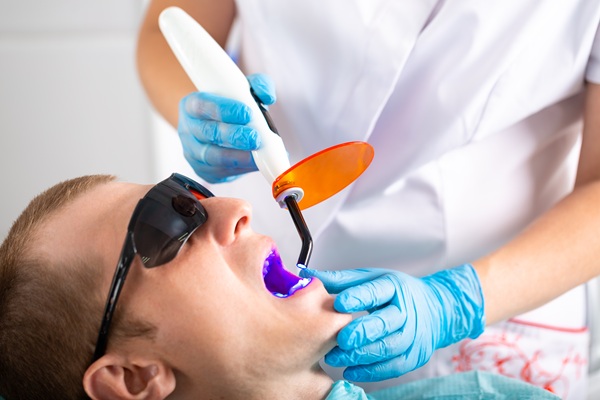You probably know people who have their removed. This is a common procedure that people in their late teens to early 20s undergo. This third set of molars usually emerges before a person hits age 25. If you are in this age range, it is time to talk to your dentist. If these professionals agree that you should have surgery to remove the teeth, do not be alarmed. There are many reasons why this procedure makes sense.
Late arrivals
During childhood, teeth come and go frequently. A person’s permanent teeth are usually all in place before age 14. There is one exception, however: the wisdom teeth. These third molars come later, as early as age 17 but often a few years after. There are as many as four of these teeth in a person’s mouth, though some people have fewer. These teeth are not vital for chewing and can pose cosmetic and health challenges.
To make more room in the mouth
There often is not a whole lot of room in the back of the mouth to accommodate wisdom teeth. These small areas make it difficult for the teeth to grow in straight. Because of the lack of real estate, a wisdom tooth may be misaligned or misshapen. This can hamper the aesthetics of the smile, but it can also be painful and uncomfortable. Removing these teeth before they ever erupt can solve this problem.
To avoid decay
When wisdom teeth do come in, these molars have a bigger risk than other teeth of developing cavities. There are a few reasons for this. First, the teeth are hard to reach with a toothbrush and toothpaste. The patient may not effectively brush here or may miss the teeth altogether. Also, if the teeth are crooked or in at odd angles, the patient may not brush both sides well. This can cause cavities and eventually lead to tooth or bone loss.
To avoid gum disease
Dentists find that many patients do not floss regularly, if at all. It is particularly common to see patients who do not floss in between the second and third molars (for those who have wisdom teeth). When a person flosses, it is much more likely to get rid of food particles from in between teeth and at the gumline. This keeps plaque and tartar from building up, maintaining good gum health.
To protect other teeth
Wisdom teeth often grow in sideways instead of straight up through the gums. As a result, a wisdom tooth can bump up against an adjacent tooth, causing damage. This can create problems for the tooth as well as for the nerves and roots. Nearby teeth may shift or become loose. Removing a wisdom tooth can keep the other teeth healthy and in place.
Check out what others are saying about our dental services on Yelp:
It may be time to remove your wisdom teeth
Having surgery to take out your third set of molars may be scary. This could be the right decision for your oral health. Review these common reasons why you should consider the procedure. Then, you can chat with your dentist about when you should get started.
or call Serenity Dental Spa at 415-376-6196 for an appointment in our San Francisco office.
Related Posts
Wisdom tooth extraction is a common dental procedure to remove the third molars. These teeth typically emerge between late adolescence and early adulthood. While some individuals experience no issues and keep their wisdom teeth, others encounter pain, infection, or misalignment as these teeth develop and begin to erupt. Knowing the signs that indicate the need…
Wisdom teeth tend to disrupt the balance of your oral environment. As these third molars develop, dental issues emerge. One of them is a dentigerous cyst. It is a fluid-filled sac that grows in the soft tissue and jawbone. Dentigerous cysts from wisdom teeth can carry dental problems. If you want to understand the dental…
Patients who have wisdom teeth extraction enjoy having better dental health. This type of oral surgery is one of the most common procedures in a majority of dental clinics. Even so, some patients still suffer from complications from the surgery. If you want to find out what complications you may have after wisdom teeth extraction,…


